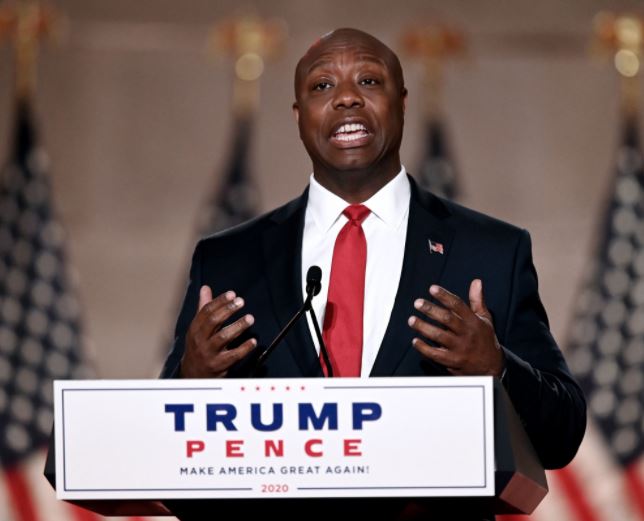Seven GOP Senators sent a letter to PayPal in an effort to get answers about the company’s recent announcement of a policy that would have punished its own customers for expressing views PayPal classified as “misinformation.”
Sen. Tim Scott (R-SC) joined Sen. Thom Tillis (R-NC), Sen. Pat Toomey (R-PA), Sen. Bill Haggerty (R-TN), Sen. Cynthia Lummis (R-WY), Sen. Kevin Cramer (R-ND) and Sen. Steve Daines (R-MT) in writing the letter. While PayPal rescinded the policy prior to it going into effect, the senators are concerned about the “processes and values in place at PayPal that allowed a policy such as this to move forward in the first place.”
The senators wrote, “As widely reported, PayPal issued an update to the terms and conditions of its AUP, which is scheduled to take effect on November 3, 2022. This update included language that would have allowed PayPal to fine any one of its 429 million users up to $2,500 per offense for spreading ‘misinformation.’ Disturbingly, the drafting of the policy gave PayPal ‘sole discretion’ regarding what constitutes ‘misinformation.’ In effect, PayPal sought the ability to define, then punish its users’ public thoughts.”
The senators continued, “Additionally, PayPal attempted to downplay the dramatic shift in policy this provision envisioned by arguing that its user agreement ‘has long-stated that PayPal can take funds of up to $2,500 or local equivalent from an account for each violation of the Acceptable Use Policy.’ Yet a review of PayPal’s current Prohibited Activities list shows the vast majority of violations arise from breaches of public law or transactions for specific disfavored items or business practices. The addition of a vague prohibition on spreading ‘misinformation’ not only would have concerningly expanded the scope of punishable actions, but also would have decreased clarity and increased subjectivity within the Prohibited Activities list. PayPal users deserve clear rules of the road for using the platform, not punishments for open-ended, subjective offenses.”
“Greater encroachment by large technology and financial companies into public speech will only exacerbate Americans’ increasing mistrust of such institutions. Moreover, countless major news events over the past several years have taught us that public information continually evolves, often causing individuals, groups, and organizations to reassess what once appeared to be settled fact. Given this reality, policies that empower companies to punish individuals’ beliefs by acting as arbiters of fact in our ever-changing news and public debate environment represent poor business decisions. Instead, large technology and financial institutions should focus on serving the needs of their customers without bias,” the senators concluded.
Read the full letter here.
Senators Joni Ernst and Chuck Grassley were not part of the letter.


















Of course not. Grassley and Ernst may as well have (D) after their names in the Congress. They constantly disappoint when it comes to truth and freedom issues and being elected officials for conservative actions.